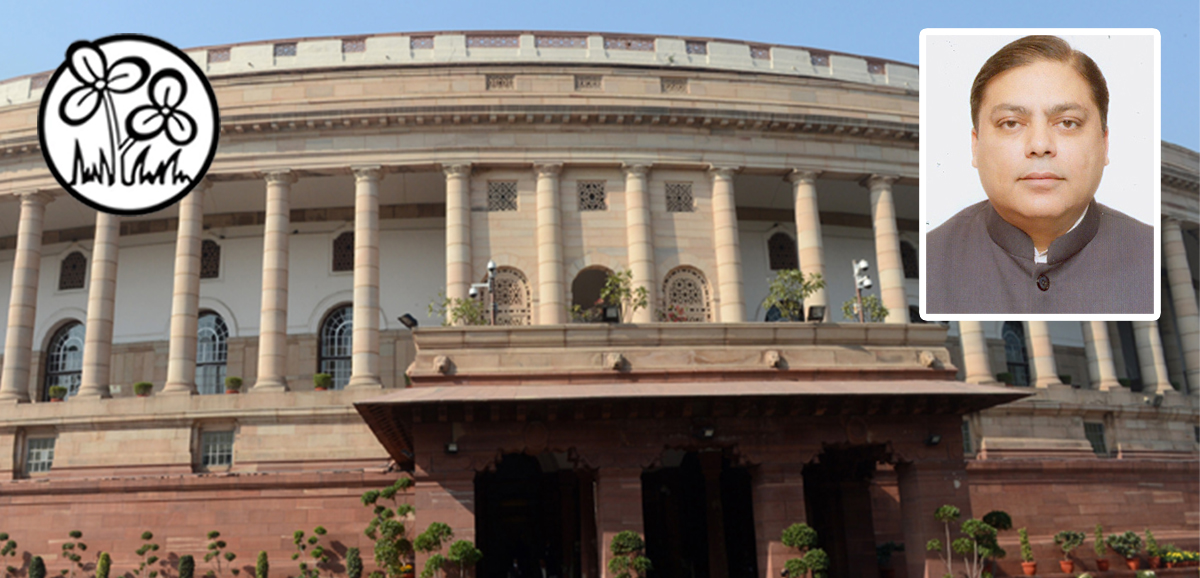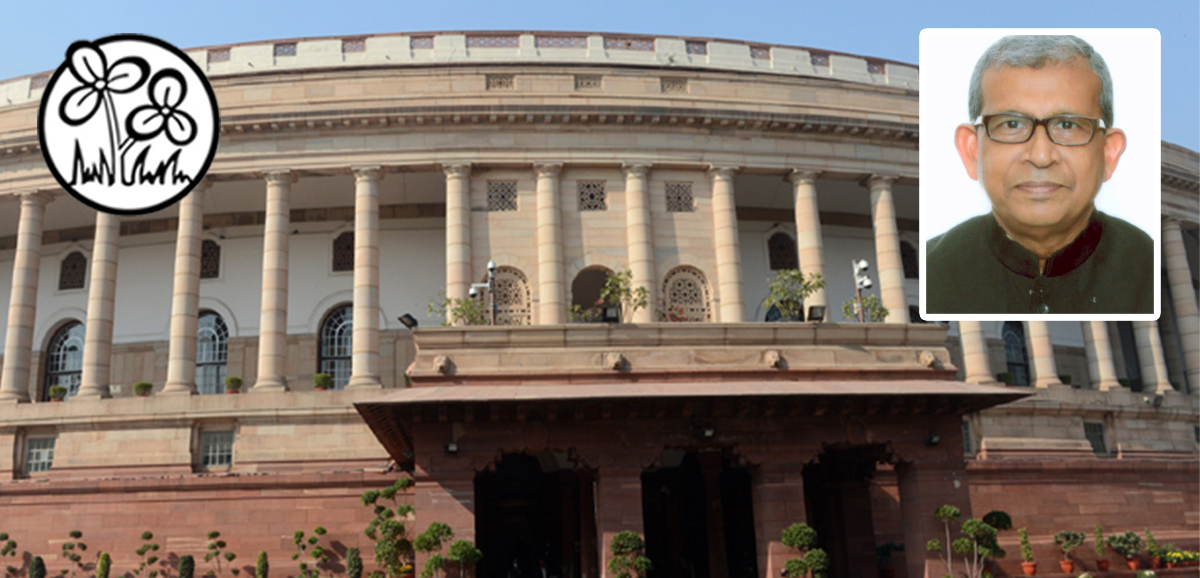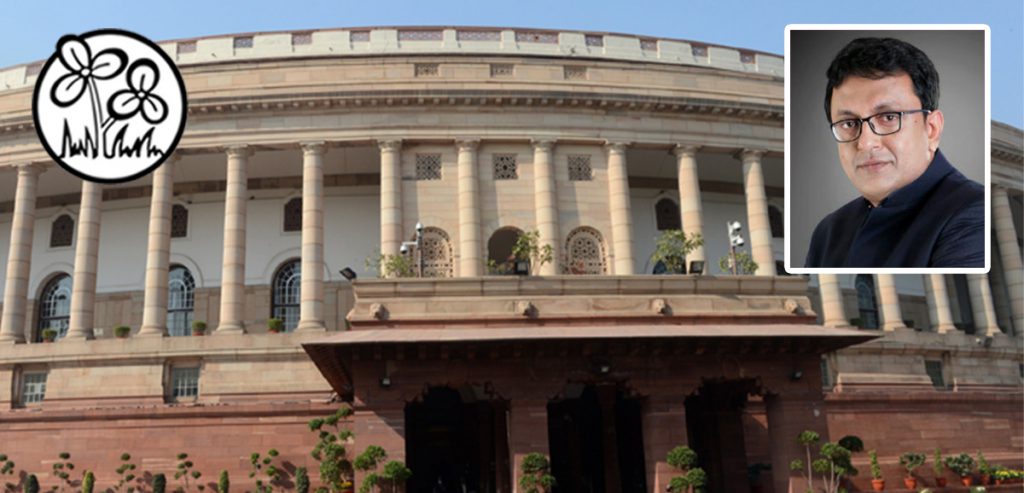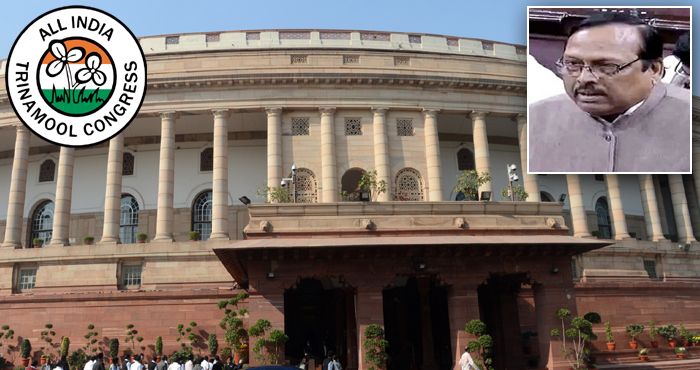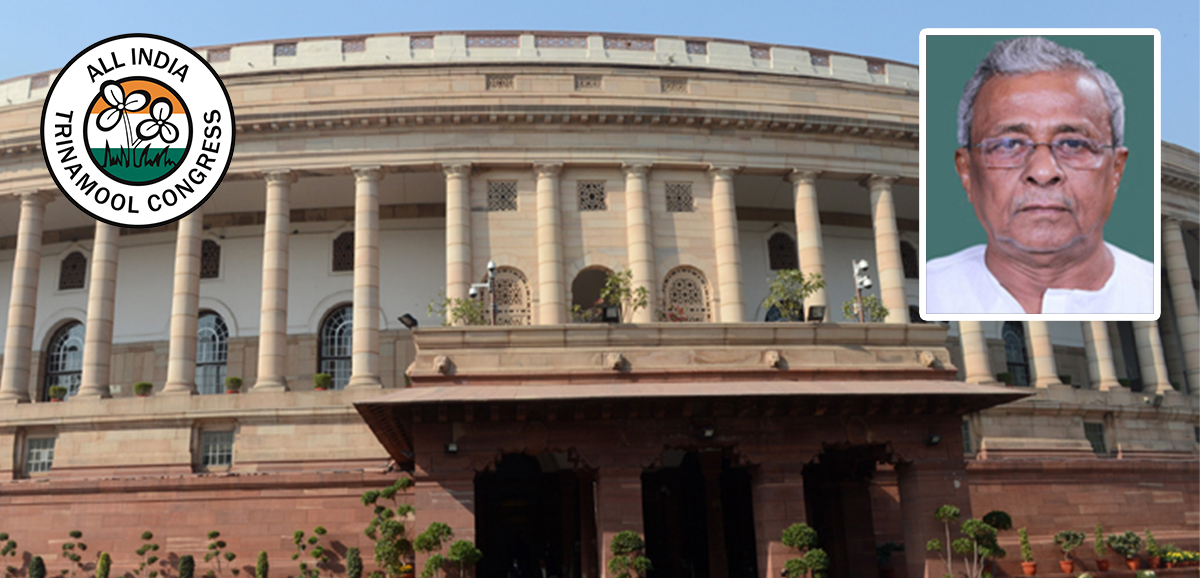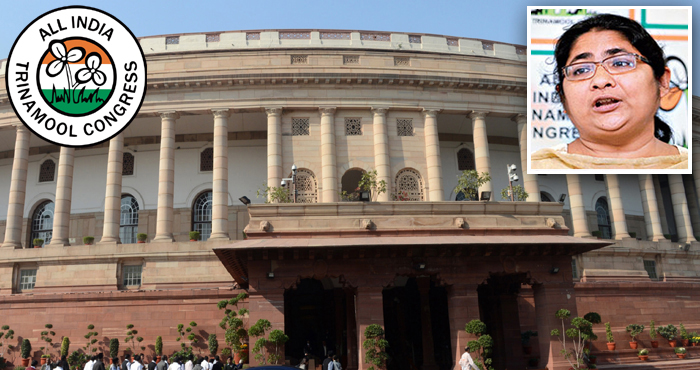FULL TRANSCRIPT
The first point is that this is a potentially dangerous Amendment Bill which empowers officials of the Union Government to brand a person as terrorist without following the due process of law. Now the name of such a person will be included in the Fourth Schedule as has been mentioned in this Bill, proposed to be added in the parent Act.
The only statutory remedy available to that person whose name will be included into the Fourth Schedule is that he will be able to appeal before the Central Government, but that committee is a drawing room committee of the Central Government and if he is not happy with the findings of the Appellate Committee, he can go for a further representation review application before the Reviewing Committee and that reviewing authority is also this same committee, a drawing room committee of the Government because as already mentioned by Kapil Sibal, this UAPA Act has in fact become redundant because in 75 per cent of the cases, people have either acquited or released.
I am giving you a recent example. Last week, a gentleman was acquitted after spending 23 years in jail on the charge of terrorist activities, because they could find no evidence against him.
Sir, his was a very pathetic situation. The ordeal began with his arrest by the Gujarat ATS in 1996 and ended with his release after 23 years from the Jaipur Central Jail last week. After his release, he said,“I was falsely implicated in case after case and prolonged trials had ruined my life. I could not meet my mother who died in hospital as I could not get parole even from the Supreme Court. So this is the ugliest situation under which a person will undergo an ordeal if this Fourth Schedule is included in the parent Act. The funny thing is that this fourth schedule, this fourth schedule does not prescribe for any per say, conviction or punishment as such. Then what is the need for the inclusion of this fourth schedule in the parent Act?”
Then what is the need for inclusion of this Fourth Schedule in the parent Act because ab hamre mathe pe yeh tilak laga diya jayega, ke mai terrorist hu, Fourth Schedule me law diya jaiga. And I will be vulnerable to mob lynching and other elements who are now playing a very dominant role in our society. Jaisa Amitabh Bacchan ka film dekha tha, hath me likh diya tha “mera baap chor hai”, waise hi mere mathe pe ek tika laga dega ki mai terrorist hu, kyu ki mei sarkar ka birodhi hu, koi bi birodhi ho urban-naxal, jo log tribal rights k liye lar rahe hai, jo log environment protection ke liye lar rahe hai, usko bhi koi Urban Naxal bolke, Maoist bolke fourth schedule mei naam utha dega terrorist hai, terrorist ke liye aapka section 124A IPC act hai uspe sedition ka charge aap kisike khilaf la shakte ho, current act bohut sare prabdhan hai, NIA mei hai, aur sedition and anti-national activities, uske bare mei ek-do ullekh karna chahta hu.
August 1 se July 30 1900 Vande Mataram Patrika mei Aurobinda Ghosh ne kuch likha tha, 124 A sedition charge British ne lagaya aur kachhare mei khara kar diya, aur uske paksh mei Barrister Deshbandhu Chittaranjan Das ne fight kiya, unone kya bola tha, kanuniwala jo hua o hua, CR Das ne jo bola who quote karna chahta hu, “Man like this who is been charged with the offence imputed to him stands not only before the bar of the court but stands before the bar of the Hight Court of history that long after the controversy is hushed in silence long after this turmoil. This agitation sieges long after he is dead and gone, he will be looked upon as the poet of patriotism, as the prophet of nationalism and lover of humanity.”
So aj jisko aap urban naxal kehte hai, maoist kehte hai, ho chahe nah ho, kyu ki bichar ka usko jaroorat nehi hai, inspector ke pas abhi power de diya gaya jo Assistant commissioner ke pas tha, DSP ke pas tha, Abhi Inspector ke pas vi de diya gaya, wo kisi ko vi pakar ke suparish karega iska nam fourth schedule mei karo, ye atankwadi hai, Yeh ‘atankwadi’ shabd vi British logo ka paida huy hai.
Hamare shahid Bhagat Singh ke khilaf, Khudiram Bose ke khilaf terrorist takma diya jata tha, Chandresekhar Azar ke khilaf. Sir, unko terrorist kitne banaya tha, Biritish government. Lekin aaj, unka murti kahin 6000 crore rupaya khoroch karke banaye yea na banaye, lekin har Hindustani ke dil me uyo base huye hain.
Aaj jisko hum Maoist terrorist kahte hain, aisa na ho ki 50 saal, 100 saal bad, uska tasveer ghar ghar me koyi lagaye. Sir, Gandhiji, uske khilaf bhi sedition charge lagaya gaya tha. Unhone, ‘Young India’, bolke jo magazine nikal te the, unme 1929 me unhe likha that, to unke naam mei sedition law ke – the Section 124A, uyo abhibhi hain, usme Gandhiji ne bola tha, ki sedition constituted ‘a rape of the word l”law” ‘.
Sir is tarah agar Sarkar ne chahte hain ke birodhi logoko hum tang kare, mere kheyal se yeh kanoon bhi ekdin wapas lena parega kyunki jaise Kapil Sibbalji ne bataya, yeh unconstitutional thayraha jayga, wahi PIL hoga, wahi court me jayga. Hamara pass bahut saare judgement hain, mein kah sakta tha, lekin Sir, itne kam samay me ek sirf judgment aapke saamne pesh karna chahta hu. Balbant Singh vs State of Punjab aur Anoop Bhuiyan vs State of Assam. Isme free speech ke liye jo position hona chahiye, Supreme Court has gave it pretty clear aur ant me kyonki mera time khatam hona hain, Sarkar job hi kuch karna chahte hain kar le, bahut din ke baad bhari bahumat mein, so they can follow the politics of majoretarian rule. Let them do that Sir, Hitler, Mussolini aur Stalin bhi kiya tha. Main itihas ka pyramid nehi kholna chahta hu lekin chetavani deta hu, kahi aisa na ho inko bhi yeh face karna parega. Edmund Burke 250 saal pehle kaha tha- “People crushed by law have no hopes but from power, if the laws are their enemies, they will be enemies to law”.
And finally, hamare mahakabi Haribans Rai Bachchan ji ka tin line
Tu na thakega kabhi,
Tu na rukega kabhi,
Tu na mudega kabhi,
Kar shapath! Kar shapath! Kar shapath!
Agneepath! Agneepath! Agneepath!
Hamare Didi ne is Agneepath me chalne ke liye shapath dilaye hain, aur hum chalet rahenge is Agneepath por.
Jodi tor daak shune keu na ashe, tobe ekla cholo re.


